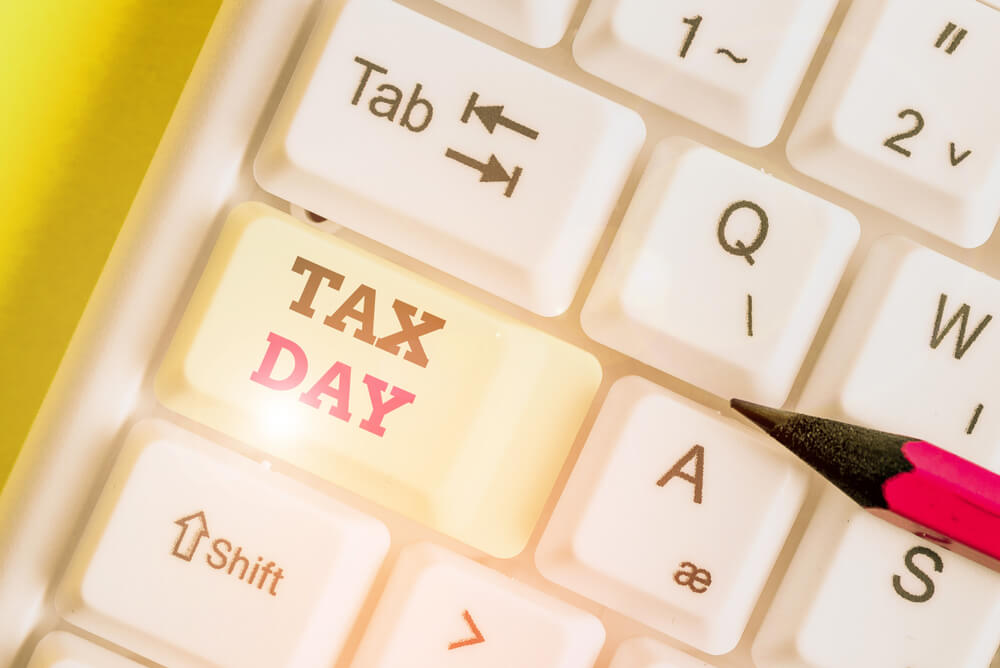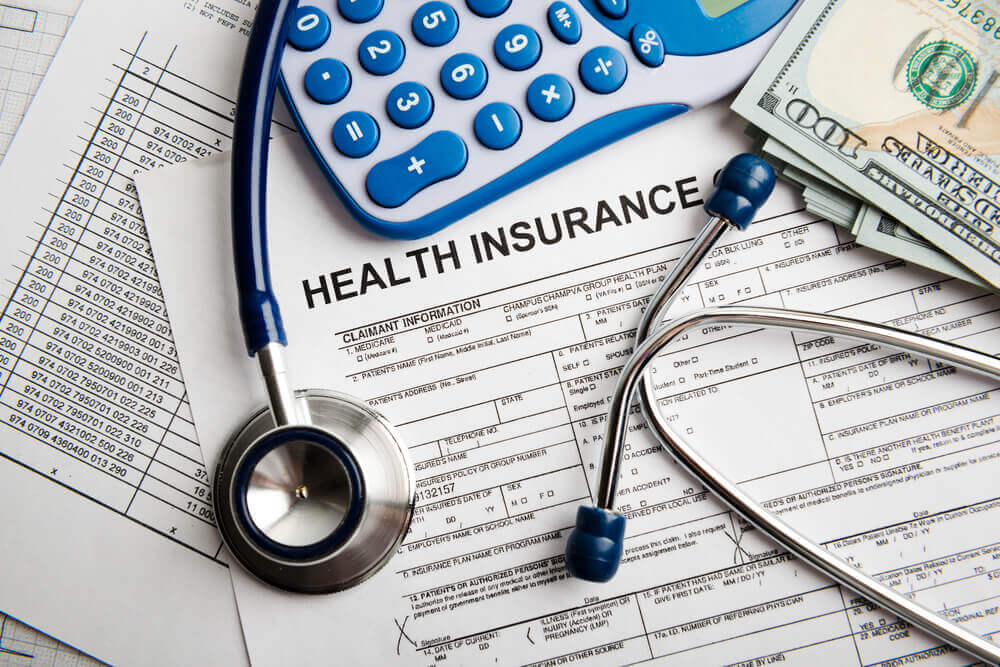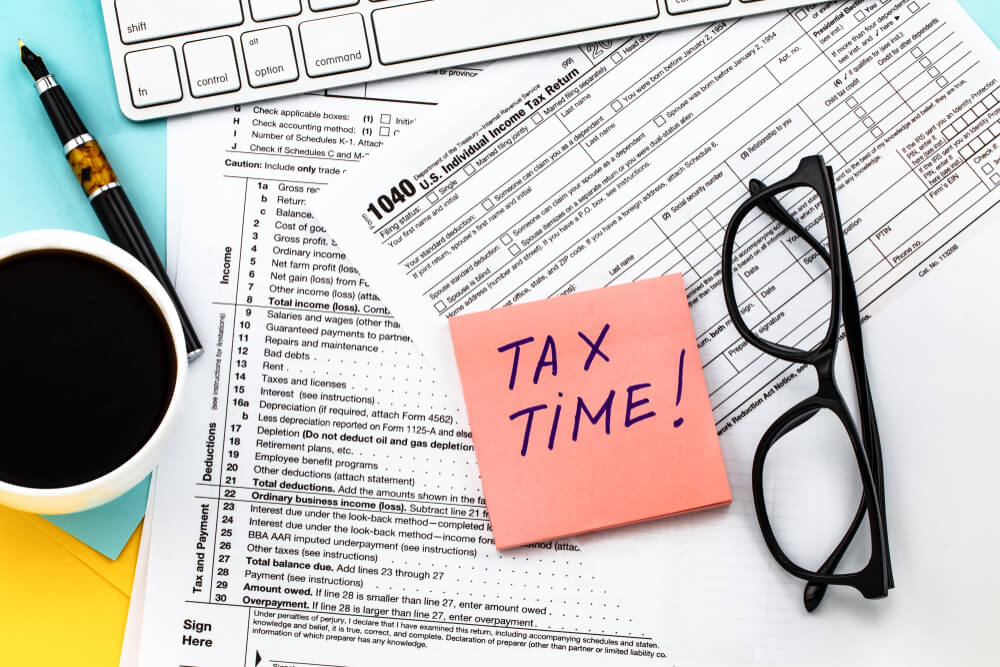Preparing taxes might seem overcomplicated and tricky, but it isn’t. At least not when you know how to prepare taxes on your own or rely on professionals to do so. But you might have wondered: “What documents do I need to file my taxes?”
Even if you never paid or prepared your taxes before, when it comes to what documents you need to bring, it’s probably safe to assume that the list is quite large. So, really what do you need for a tax appointment, and is there a way to arrange them so that you can look organized? There sure is, and here’s exactly what you need for a tax appointment.
Personal Information You Will Need
If you’re wondering what to bring to a tax appointment, you’re in the right place. It can be confusing when it comes to arranging them in files, so we made a list of documents needed for taxes for each group.
– Your ID and driver’s license as well as every other personal document
Make sure that there’s an order to how these documents and IDs are arranged. For example, file driver license papers together topped with driver license itself, etc.
– Social security or ID number of everyone in your tax return
This includes your family, relatives, and anyone living in the house that you own and for which you pay taxes.
Information Regarding Income and Investment
Before you can start checking items off from your tax preparation checklist, your tax accountant will need all the information regarding your income. Provided that you already presented your personal ID and that of your family, it’s time for the wager, income, and investments.
-You’ll need a W-2 standard wage and tax statement document
Your employer provides this at the start of each year ( before February). If you didn’t get one from your company, you can request it at any time.
-Financial statement from your bank
This includes your entire financial report for the year — your expenses such as rates for student loans, credit, etc. Nowadays, everything is performed online or otherwise through wire transfers. That’s why it’s best to get a full financial report from your bank when you need to list your expenses, payments, etc.
-The 1099 forms
These include a variety of similar documents, for justifying different financial situations. If you’re self-employed and get more than six hundred dollars from your employer, you’ll need a 1099-MISC, 1099-DIV (in case you have dividends), 1099-G ( if you got funds from the state in the past) and so on.
-Tax refund from last year
Everything that was deducted from last year’s refund should go in this year’s report as well. This is only for filing purposes and doesn’t contribute to lowering the actual tax rates.

Records of Private Businesses
If you’re self-employed or have a partnership with another party forming a private business, you’ll need to list earning and expenses from those revenues as well. A full financial report should include your client’s payments, payments performed to other parties, transactions that are tied to payments of required resources and materials, etc.
-Expenses of your business
This can be anything from receipts to checks you’ve written in your or your company’s name, credit card statements, etc.
-Mileage expenses
If you’re using a car provided by your company, to deduct the cost for gas, you’ll need a full report of your route. This means mileage, time, and destination. The details vary from one company to another.
-Home office expenses
If you settled on the work-from-home variant, you’d need to list the size of your work station in sq ft, as well as expenses within your working hours, but also mortgage and rent.
Medical Expenses
-Unrefunded medical expenses
This includes receipts from surgeries, treatments, or any medical procedures that you paid for from your own pocket. These are the expenses that you didn’t get reimbursed by your company for whichever reason.
-Health insurance expenses
Everything that is covered by your health insurance should be listed and filed with a receipt. This includes every procedure, treatment, surgery, etc. Every time you required medical assistance and didn’t pay but got covered by health insurance, you will get a receipt.
-Benefits from social security
Any amount that you’ve received as a benefit from your social security should come through an SSA-1099 form. This usually comes at the start of each year and shows a full report of benefits gained from social security.

Donations Made in Charity Purposes
-Charity donations
Any amount you’ve donated that is to be deducted from the tax should be covered with a receipt. This includes time, the actual amount, and other payment details regarding any payment directed to the organization. If you have several donations to the same organization, you should present every receipt separately.
-Mileage expenses
This includes miles driven for purposes of fulfilling charity deeds. A tax deduction isn’t possible without a total report on mileage.
-Emergencies and Disasters
The congress has issued a relief on taxpayers for damage done by disasters in certain areas. As stated, federally declared disaster law applies only to affected states, areas, and cities. In 2017 it was applicable to victims of Hurricane Harvey, Hurricane Irma, Hurricane Maria, and California wildfires.
So all those that suffered a loss in Texas, Louisiana, and other affected areas, could get tax relief on account of the damage done to their property. Each year the congress issues a tax relief of this sort for new areas that are hit by disasters. But before you can get and reimbursement or relief to justify lower tax rates, you’ll need the following documents.
-City/County in which you live and had property
Any document that proves you’re a citizen of that country/state and another of your property.
-Any appraisal records about the damage
This can be any data that shows the time needed to clean, clean-up and utility costs, etc.
-Reimbursements from insurance
If you had insurance on the damaged property and already got the money from it, all you’ll need is a receipt. If you didn’t have a chance to get reimbursement, you’d need an insurance contract or any documents that prove you’ve made an arrangement with the insurance company about a specific property.
A Considerable Tax Relief
You can write off a considerable amount of your tax rates by compiling a list of things that justify reimbursement and other forms of relief. Depending on the state you’re in and the property you lost, you can get reimbursements from your insurance company or directly from the government. That’s why it’s always advisable to get a good tax form management services.
It can save you a lot of money if you know what documents to bring and how to file them. So it’s really advisable to get tips from a professional instead of researching yourself.
